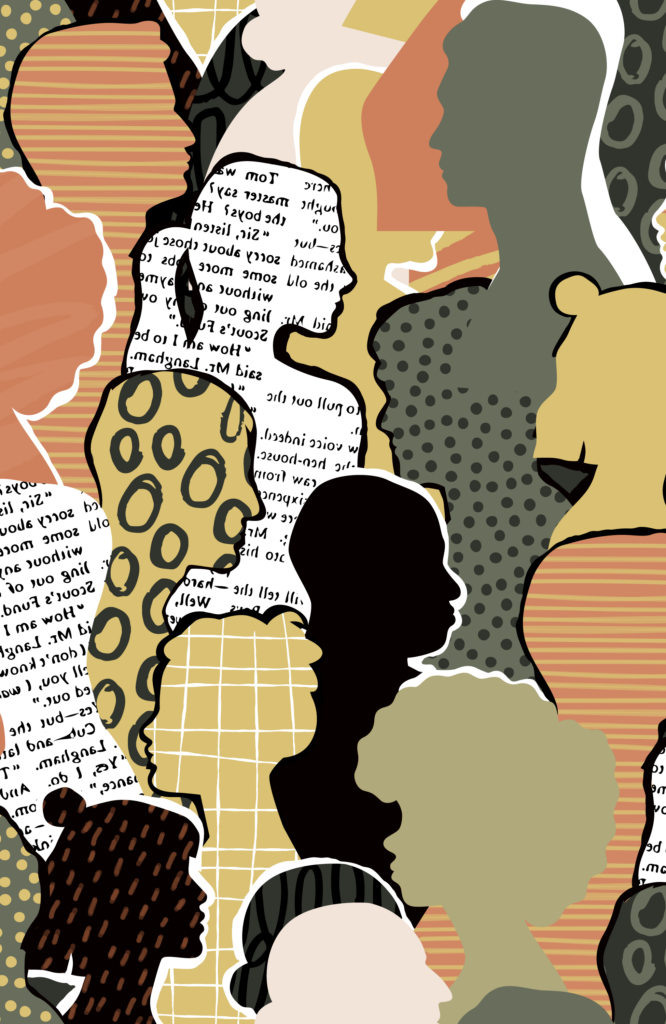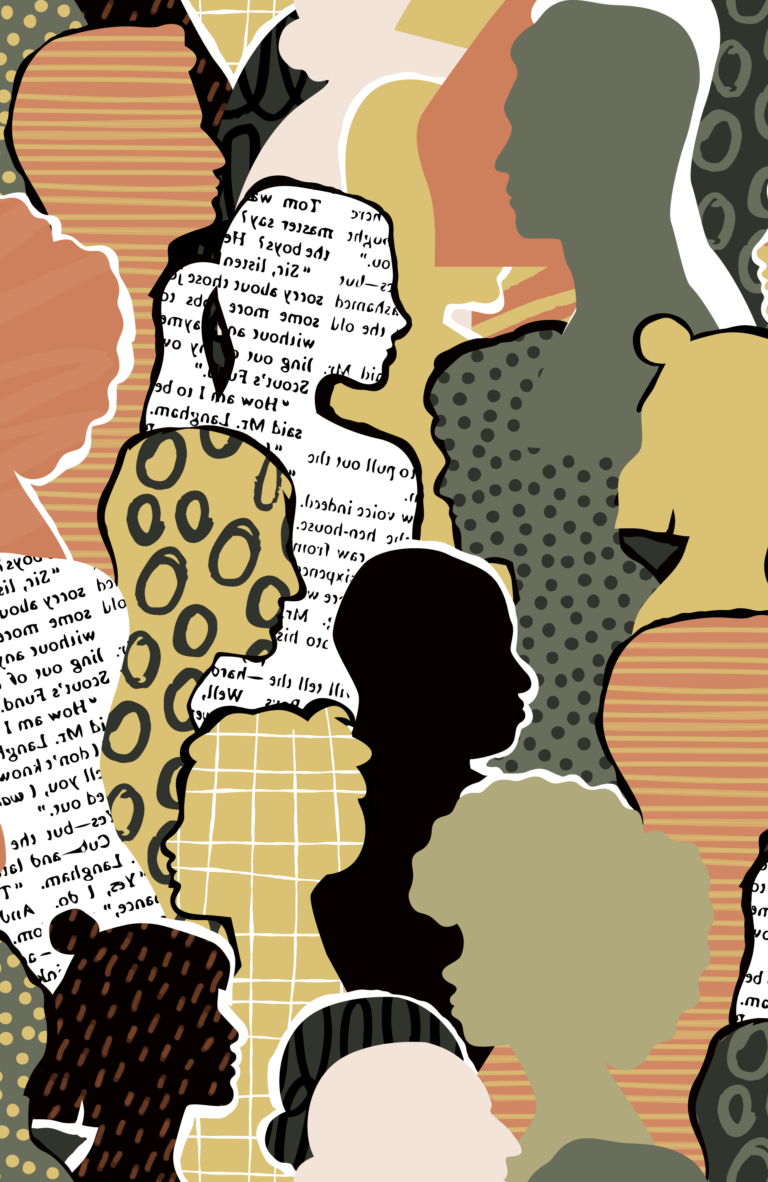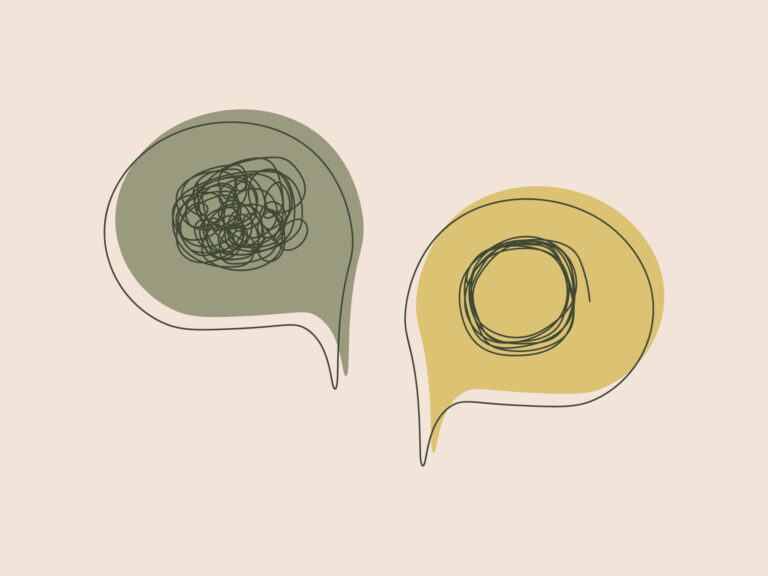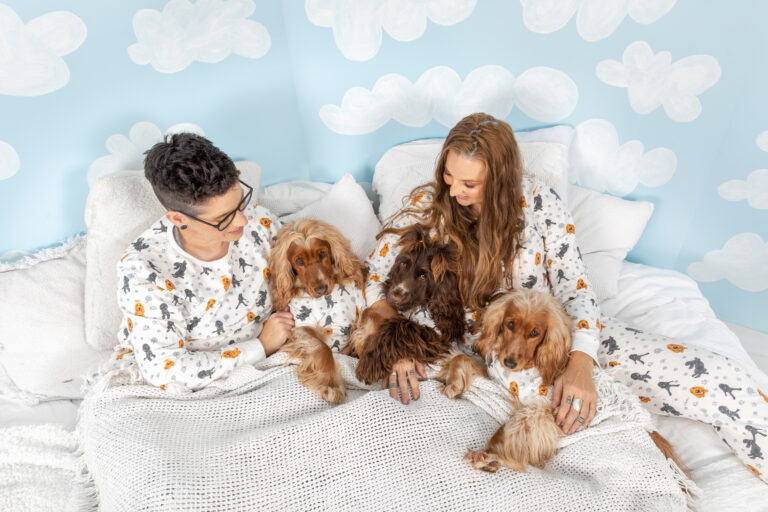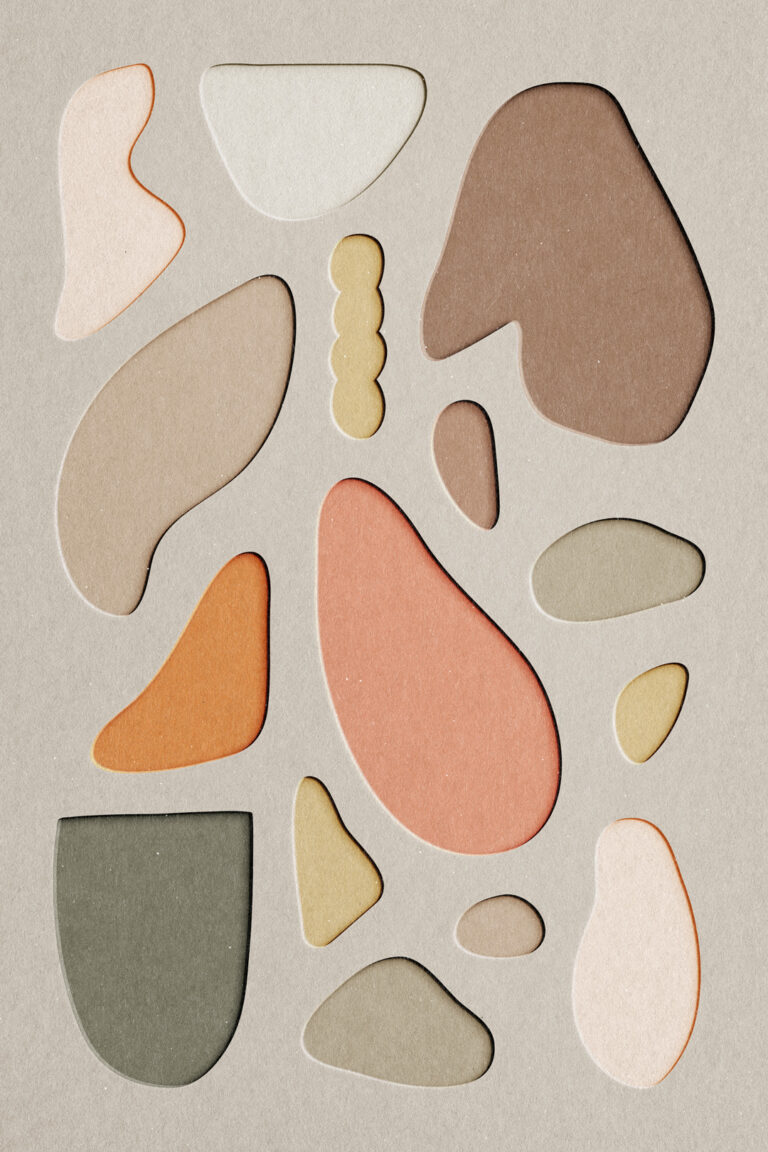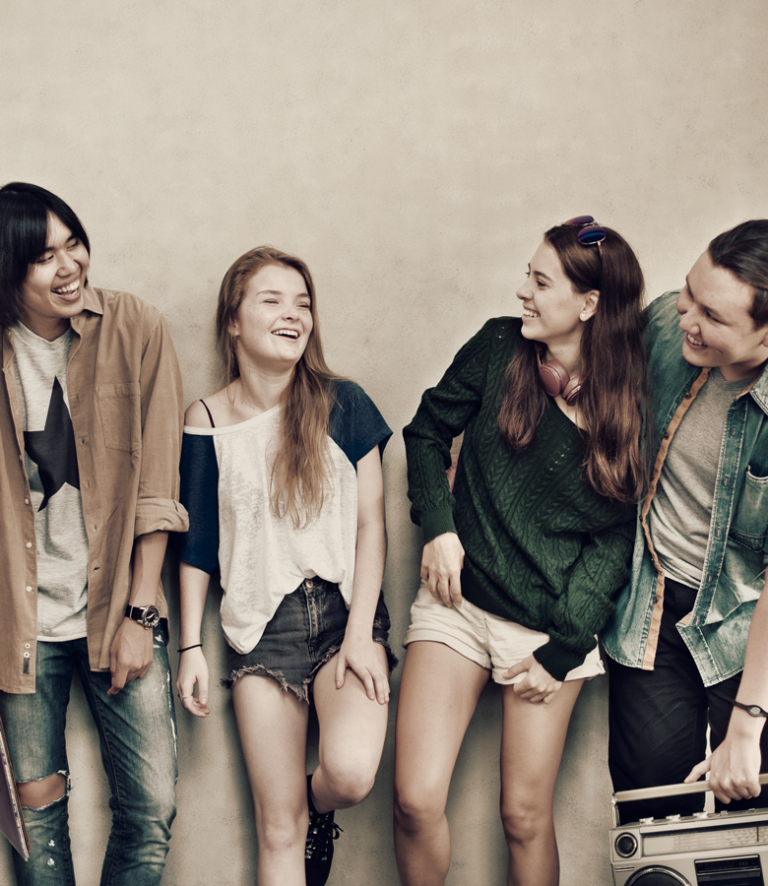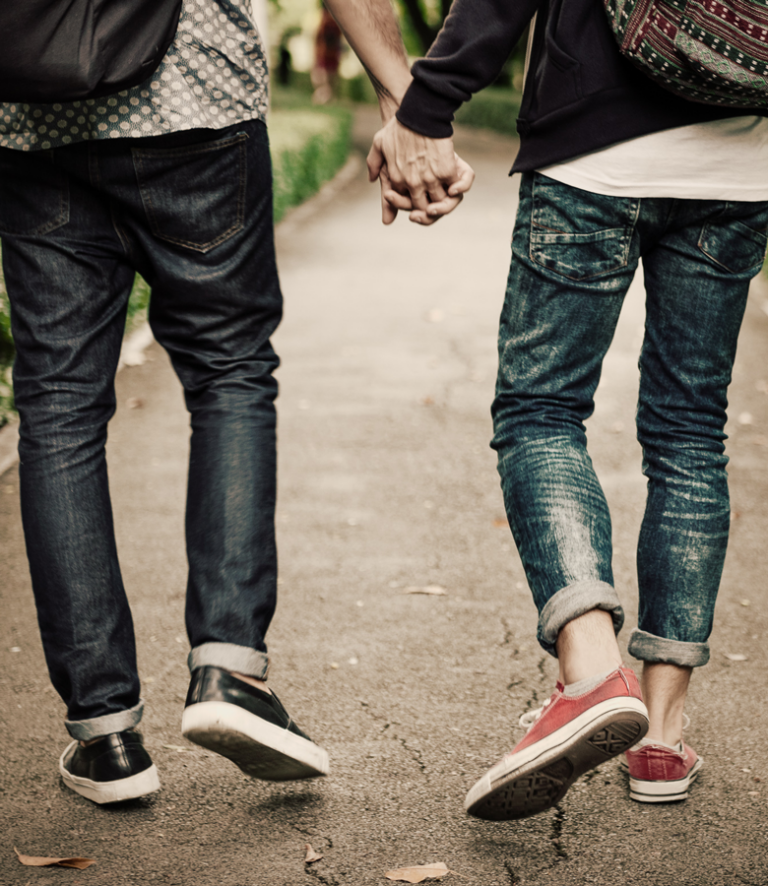How a diagnosis and deeper understanding of ADHD, Autism and AuDHD became the key to unlocking and improving Communication & Connection in a neurodivergent relationship.
I was 43 when I met my now wife, Lauren. Lauren was 35. As we got to know each other and our relationship progressed, I soon noticed that my communication style didn’t seem to help me feel connected to Lauren in ways that it had with partners in the past. Up until meeting Lauren I had certain expectations and practiced a style of communication with partners that seemed to, for the most part, work fairly well.
I quickly realised that whatever I had done before, was now not working for the two of us. I was perplexed by this and became so concerned that I had lost my ability to communicate. I began to surmise that I had hugely overestimated the proficiency of what I had (up until that point) assumed to be competent communication skills. Despite both of us trying very hard to understand each other, Lauren and I continually expressed much confusion at our regular miscommunication. I had a persistent nagging feeling that I was “missing” something and felt determined to find out what that was.
Lauren was born in South Africa. Very early on they had shared with me that growing up during apartheid, much of childhood was dominated by feelings of confusion and anger about the world around them. Lauren expressed that she inherently knew something was very wrong with the horrendous racism she observed around her every day. At the same time, in her own family unit was living and experiencing neglect and trauma.
Knowing this about her childhood and understanding the way trauma impacts us, I would usually default to this being the reason for our struggles to communicate and understand each other, in fact, I wrongly assumed it was all due to this. Determined to find a solution I regularly lost hours researching possibilities.
After sharing with Lauren that I had come across EMDR therapy, (a method of psychotherapy that claimed to be effective in helping people process trauma) they were keen to try some sessions, and whilst this did have some positive impact in helping Lauren process some of those childhood events, it still didn’t assist the ongoing miscommunication as well as some other differences we began to regularly be challenged with. I even enrolled us in a weekend couple’s workshop that aimed to enhance emotional connection. Again, whilst this was a good experience for us as a couple and I was so appreciative that Lauren was so receptive to all my suggestions, it didn’t change anything once we were back home.
When a global pandemic struck the world, I recall secretly wishing that the forced togetherness of lockdowns might bring us closer. It did not. In fact, spending so much time around Lauren in our tiny little apartment meant I soon began to observe more behaviours I hadn’t seen before (nor understood), and my feeling of disconnection and bewilderment only amplified.
I had noticed that it was almost like she had different personas, one exclusively for work colleagues and one she used with me. Laurens tone when talking to me often felt “flat” and I noted it was absent of prosody, which I regularly (and mistakenly) misinterpreted as a lack of interest, or emotion. Listening to her engage with workmates all day it appeared to me that she was a much more animated version of who I saw once work stopped for the day.
This was very confusing to me. I began to feel very hurt and again, (wrongly) assumed she didn’t find me as interesting as she found work. It wasn’t only Laurens voice that appeared flat, I realised it was often her face to. We had even giggled when I brought up and started referring to it as their pan face, (as in, flat as a pan).
Lauren and I would have conversations as we tried hard to understand what was happening between us, and it was during one of these that they revealed that they struggled to recognise facial expressions and what were the “right” ones to use at certain times. I remember being startled by this revelation. Then I noted when we would watch and discuss a scene in a movie or chat about an interaction with others Laurens interpretation was often very different than mine.
I can remember asking her almost desperately one day – tell me why you love me? What do you love about me? Lauren looked at me rather perplexed and said with a blank face, “I just do”. Whilst I didn’t doubt this, I was focused on why I could say this easily, and Lauren struggled to elaborate beyond that. Lauren was just as confused by me, often asking if I was angry with her. It didn’t matter what my face looked like, Lauren mostly interpreted mine as either sad or angry and nothing in between.
Many interactions between us would leave me full of questions as I tried to understand what was happening between us. I can remember saying to her, “Sometimes It is like we are we speaking different languages or that we live on different planets”.
When we would settle down in the evening to (literally) “Netflix & Chill” I began to realise that what this actually meant was me watching said show or movie, whilst Lauren sat beside me, on their laptop (after working on it all day). I remember wondering if this meant they were a “workaholic”. Years later I would learn that for Lauren, being on the computer helped to calm them down and was a very soothing activity. In the beginning though, not knowing this important piece of information, I stopped engaging, felt even more disconnection, and feeling deflated, decided that even “Netflix and Chill” was not something we did together.
I was becoming more and more saddened that we kept misunderstandingeach other even though it was clear we were both were trying very hard. Before meeting me, Lauren had spent the last eight years single so I imagine the requests from me, and the bids for connection must have felt exhausting. Little did I know just how much.
One night, still in the throes of pandemic uncertainty, we were on our new lounge, in our new home, having just watched Hannah Gadsby’s Nanette on Netflix. Something about Hannah felt familiar. Before I met Lauren, I had seen Hannah live in Adelaide and I noted that she had used some of the previous content in Nanette, but I knew that wasn’t it. It soon dawned on me that the familiarity was in some of Hannah’s mannerisms and tone. They reminded me of Lauren. As the credits rolled, I grabbed my phone and googled Hannah. Almost immediately and article caught my eye. Hannah was talking about her late diagnosis of autism. Instinctively I read on. I then watched a video of Hannah talking about it.
I was feeling almost excited at this point because something had clicked inside my head. It then quickly turned into a bit of anxiety as I sat beside Lauren wondering if I should just blurt my thoughts out and hope it didn’t offend her.
To clarify, this was just before social media was flooded with videos of others with late diagnosis that then helped create awareness and de stigmatise neurodivergence. We were not there yet.
I took a big deep breath, “Babe Hannah is autistic, I’m starting to wonder if maybe you are too?”
Lauren didn’t flinch. They watched the video and quickly completed various online tests, scoring very high for likelihood of being autistic in every single one.
It was like a light went off in Laurens head.
“This makes so much sense. I have always thought there was something wrong with me. I spent a lot of time worried that I was a psychopath. I’ve always felt different. You know I barely spoke when I was a child. Why did nobody notice this?”.
I felt pangs of sadness and my heart ached watching them grapple with all of it.
That night we both went on a research mission determined to learn more. We watched videos, read articles and studies and compiled lists of podcasts. It felt almost obsessive, and I quickly enrolled in whatever training courses I could find.
We lost count of the number of times we both exclaimed “Oh my goodness this make sense”. It happened over and over.
It was a turning point in our relationship, and for me as a professional.
I have been studying, and working in the field of human sexuality and relationships education for over twenty years. I completed my Masters Degree in Sexual Health in 2010 and, whilst we covered sexuality and disability, not once did I come across any information specific to communication suited to couples/relationships where neurodivergence was present (or suspected).
The sexual health counselling component of that degree taught us neurotypical styles and expectations of communication. A few years ago, I deferred my Graduate Diploma in Counselling, with just three subjects left to complete it I have yet to study anything other than counselling modalities that are neurotypical counselling and communication skills.
Soon after Laurens autism diagnosis, and upon meeting me, our new GP (who also is AuDHD) suggested I also had ADHD. I immediately became defensive (due to my own misunderstandings of ADHD) but forced myself to mutter “I don’t agree with you but am open to hearing why you think this”.
His explanation sent me on yet another research and fact finding spiral, and meant even more adjustments within our relationship. It wasn’t too long before Lauren also had a diagnosis of ADHD (often referred to as AuDHD).
I write this four years after that night on the couch watching Hannah Gadsby.
Lauren and I both had to make adjustments. We had to reassess a lot of our relationship expectations. The adjustments continue as needed. We both agree that we are still learning and unlearning.
I had always been very open about my desire to push back at what I felt were unrealistic relationship and SEXpectations, but I had not ever considered the fact that I might one day be also pushing back at neurotypical styles and expectations of communication and need to change my own within both my professional and personal practice.
What we do know for sure is that there is still such a lag in research and training regarding the impacts of these unrealistic, often unhelpful, neurotypical expectations when neurodivergence is present in adults in relationships.
Stay tuned for our first training video on Communication & Connection in Neurodivergent Relationships. Click here to subscribe to the email list and be the first to know when its released.
